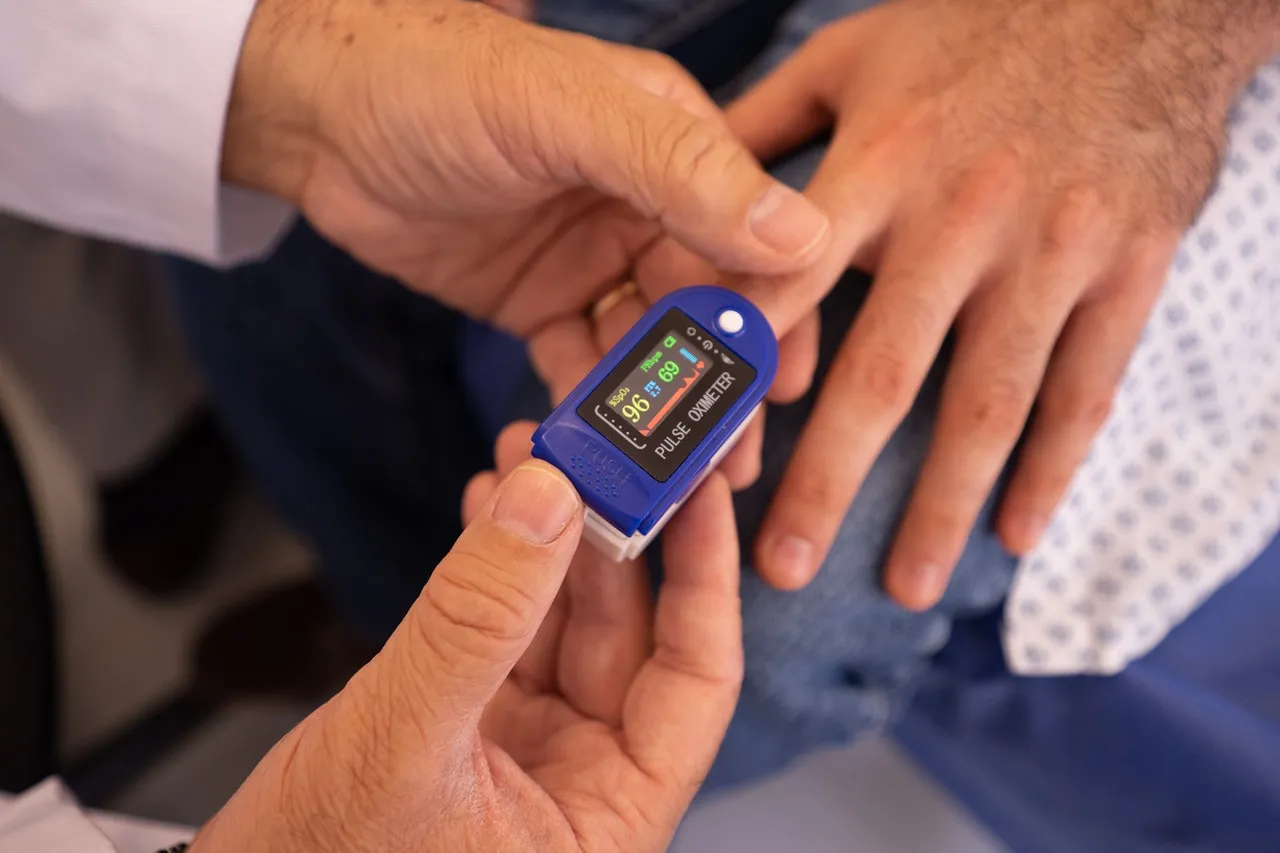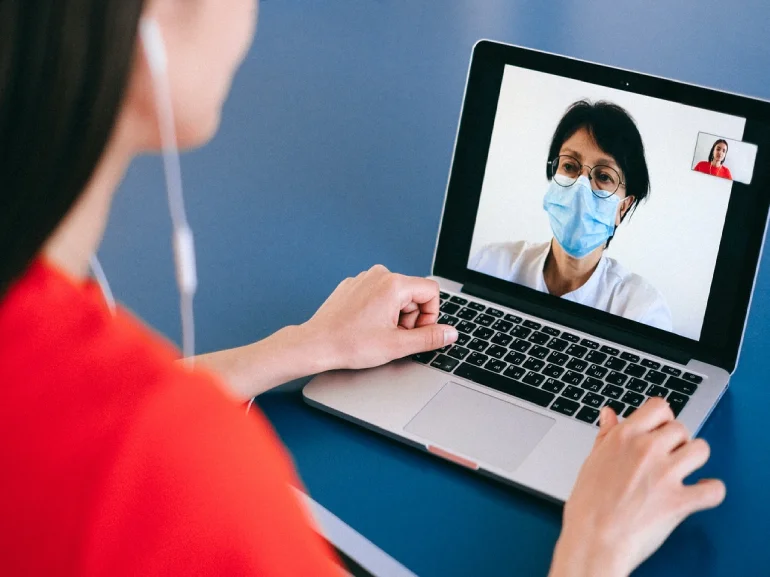Disclaimer: This website provides health information for educational purposes only and is not a substitute for professional medical advice, diagnosis, or treatment. Always seek the guidance of a qualified healthcare provider with any questions you may have.
Despite the severity of the coronavirus pandemic, plenty of people still require hospital visits and going to their physicians. However, actually going to the nearest hospital or your primary healthcare provider can be scary.
For example, in one year alone over 860 million people visited their physicians. Of all these hospital visits, more than 51 percent were to primary care providers. Hospitals and clinics can be crowded, which can lead to fears of contagion.
Thankfully, you can minimize your risks by using teleconferencing technology. Virtual medical appointments have quickly grown in popularity because of the pandemic.
Learn how you can prepare effectively for a virtual doctor’s appointment.
-
Find a Well-Lit Room
You will need to set up your computer in a brightly lit area. This means plenty of natural sunlight if the appointment is during the morning or lots of electrical lighting if it’s at night. But you don’t want to sit in a position where the light is directly behind your head or body as this will just hide you from the camera. Bright light is essential if you want a doctor to be able to assess your physical condition accurately.
-
Secure Privacy
Doctor’s appointments require plenty of privacy and you should secure the area you plan on using for your meeting. If you need natural light to illuminate the area, use light curtains to prevent eavesdropping but still letting in some sun. Heavy drapes can be used if your appointment is at night.
Be prepared to remove clothing as dictated by the doctor, particularly if they need to examine a clothed area of your body.
-
Prepare Pen and Paper

During your doctor’s appointment, your physician may recommend different activities, medications or prohibit you from certain things. Although they may provide their own lists and notes after your appointment, you shouldn’t count on a busy physician to give this quickly if at all.
You will want to have a pen and paper next to your laptop or computer so you can easily take notes during the appointment. Make sure to write neatly and legibly and ask your doctor to spell out complicated terms or medications so you don’t get anything wrong.
-
Wear Comfy Clothes
During your appointment, a doctor may require you to do different activities such as stretching or showing them problem areas. If you dress for a medical appointment the same way you’d dress for a job interview, you will find it difficult to accomplish these tasks. You aren’t trying to impress your doctor, so wear comfortable clothing you can easily move around in and remove, if necessary.
-
Have Vital Stats Ready

Many doctors may need to see your basic vital statistics during a consultation just to get a handle on what your condition is. Basic statistics such as heart rate and blood pressure are crucial in determining your health.
Prior to the appointment, try to find a way that you can measure these two vitals. A pulse oximeter, usually only used to check how much oxygen is in your blood, can sometimes show you both of these things. Note them down or perform the test in front of your physician to give them updated information.
-
Make Sure Paperwork is at Hand
Healthcare processes often require plenty of paperwork, from health insurance applications to medical test results.
Unless you want to go over your time and keep the doctor’s other patients waiting, it’s only polite to have this paperwork arrayed next to your computer. You don’t want to spend minutes and waste time rummaging for them when your doctor could be examining the data already.
Not having crucial paperwork at hand is not only rude but it can cost you if the doctor bills you for the extra time.
-
Medical History is a Must
Unless you are seeing the same doctor over the internet, you may have had to switch physicians to someone who can accommodate teleconferencing software.
If you are seeing a new doctor, they may need to see your medical history to make a correct diagnosis. This file has all your previous ailments, treatments and conditions for easy referencing.
Even if you are seeing an old physician, you should still have your medical history in hand in case they need to reference it quickly.
-
Be Honest
Above all, you should tell your doctor anything and everything you think might be pertinent to your condition. If you are taking illicit drugs and hide them from your physician, it could cause complications with medication and treatments. Don’t be ashamed to share possible symptoms and conditions as withholding information helps no one, you least of all.
Virtual medical appointments have become increasingly normal over the past year. Even with the country opening up rapidly, thanks to vaccine programs, you may wish to keep meeting doctors online. These tips will help you keep your appointments to the point and lead to an effective diagnosis.

